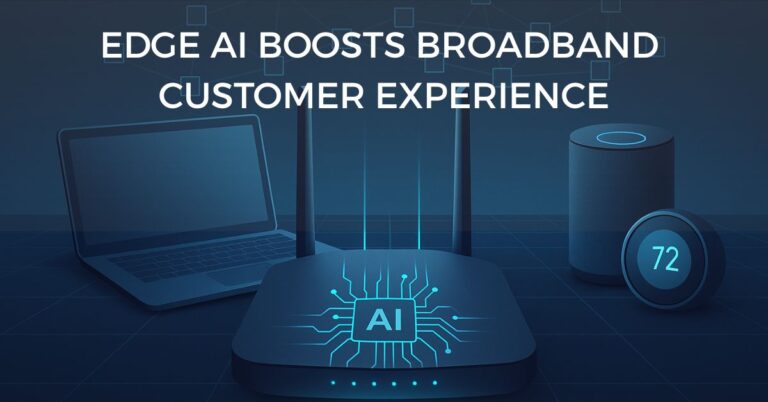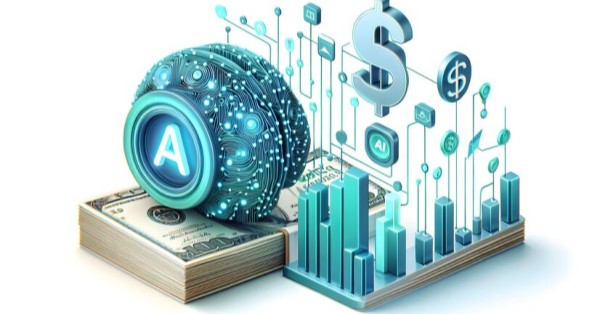AI-Powered Innovation to Improve Efficiency, Security, and Public Services
OpenAI has introduced ChatGPT Gov, a specialized version of its Generative AI chatbot tailored for U.S. government agencies. This launch comes at a time of increased AI competition, with Chinese startup DeepSeek recently unveiling its flagship DeepSeek-R1 model, raising concerns about global AI leadership.
ChatGPT Gov is designed to enhance government operations, improve efficiency, and support secure AI deployment. With over 90,000 users across 3,500 federal, state, and local agencies already utilizing ChatGPT for various tasks, OpenAI aims to expand AI’s role in the public sector while maintaining security, compliance, and data privacy.
How ChatGPT Gov Ensures Secure AI Deployment for U.S. Agencies
Government agencies can deploy ChatGPT Gov on Microsoft Azure, choosing between the Azure commercial cloud or the Azure Government cloud for enhanced security. This setup ensures compliance with strict cybersecurity frameworks such as:
- FedRAMP High (Federal Risk and Authorization Management Program)
- CJIS (Criminal Justice Information Services)
- IL5 (Impact Level 5 – Department of Defense security standards)
- ITAR (International Traffic in Arms Regulations)
By allowing agencies to self-host ChatGPT Gov, OpenAI provides more control over privacy, security, and compliance, making it easier to handle non-public sensitive data securely.
ChatGPT Gov Features: AI-Powered Collaboration, Customization & Security
ChatGPT Gov includes many of the enterprise-grade features available in ChatGPT Enterprise, including:
1. GPT-4o Access
Government users can leverage GPT-4o, OpenAI’s flagship model, for:
-
- Text and image interpretation
- Summarization
- Mathematics and coding
- Document analysis
2. Government Workspace & Collaboration
Agencies can save and share conversations, ensuring seamless collaboration within secure government environments.
3. Custom GPTs for Government Use Cases
Employees can develop and share specialized AI models tailored to agency-specific needs, improving efficiency and customization.
4. Administrative Controls
Government IT teams and CIOs gain greater oversight through an admin console that manages:
-
- User access
- Custom GPT deployments
- Single sign-on (SSO) and security policies
How U.S. Government Agencies Are Using AI to Improve Efficiency
Several U.S. government agencies have already been using ChatGPT Enterprise for various tasks, demonstrating the potential impact of AI in the public sector:
1. Air Force Research Laboratory
Using ChatGPT Enterprise for:
-
- Administrative automation
- Improving access to internal resources
- Basic coding support
- AI education initiatives
2. Los Alamos National Laboratory
Applying ChatGPT Enterprise for:
-
- Scientific research and innovation
- AI model evaluation in bioscience research
3. State of Minnesota’s Enterprise Translations Office
Leveraging ChatGPT Team to:
-
- Provide faster, more accurate translations
- Reduce costs and turnaround times
- Improve communication with multilingual communities
4. Commonwealth of Pennsylvania AI Pilot Program
Government employees found ChatGPT Enterprise reduced routine task time by 105 minutes per day, enabling staff to focus on higher-value work.
ChatGPT Gov’s Roadmap: FedRAMP Certification & Expansion Plans
To further align with government security requirements, OpenAI is working toward FedRAMP Moderate and High certifications for ChatGPT Enterprise. Additionally, OpenAI is evaluating an expansion of ChatGPT Gov to Azure’s classified cloud regions, ensuring AI accessibility for defense and intelligence agencies.
AI for Public Services: How ChatGPT Gov Enhances Government Efficiency
With ChatGPT Gov, OpenAI aims to streamline government operations, enhance public services, and improve productivity while maintaining security and democratic values. As AI adoption continues to expand in the public sector, OpenAI remains committed to collaborating with agencies to harness AI’s potential responsibly and effectively.






























